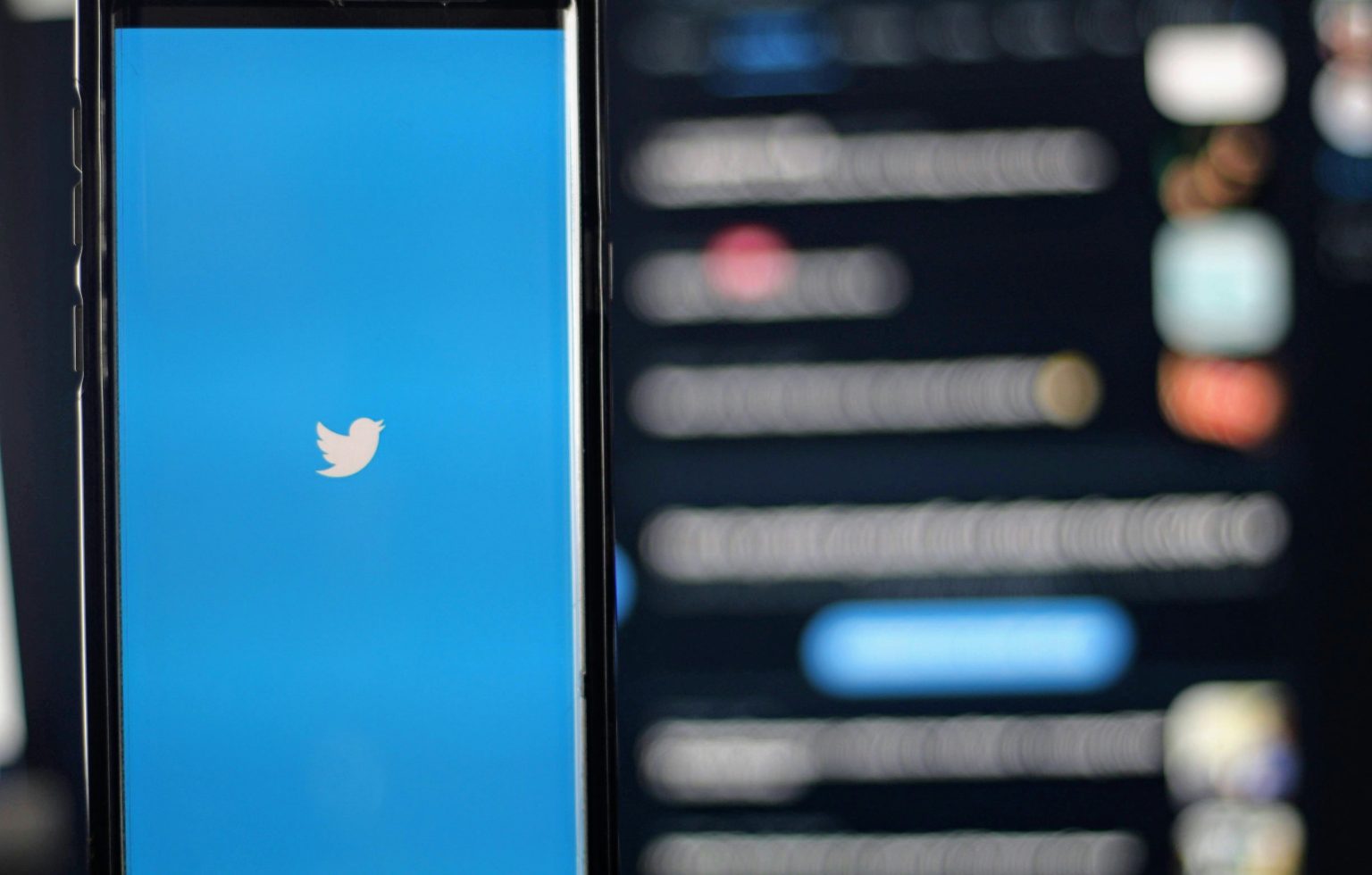Label volunteer, Alex Barada, talks us through the current issues that have arisen since Elon Musk purchased Twitter.
Since Elon Musk’s acquisition of Twitter at the end of October, there have been several concerns voiced over his intentions with the company and the wider effect of the platform’s changes on society.
Is Elon Musk’s management of the company sustainable for the socio-economic growth of Twitter? Or will the Twitter CEO’s unconventional management strategies bring the platform down in flames?
Twitter has been struggling for years to make profits from advertisement, its main source of income. This has been furthered exacerbated by the pandemic, with advertising companies sceptical to invest into the online forum. The sudden takeover of Twitter by Musk has created more uncertainty for investors in an already unstable economic climate.
Elon Musk is undoubtedly an exceptionally talented entrepreneur, a pioneer in the development of modern technology and somewhat of a media personality too, but it is hard to predict whether his technical genius will translate to the domain of social media management. His antics outside of work have got him into trouble before and his unpredictable decision-making may further deter advertisers and tarnish the companies’ reputation if he is not careful. In addition, Musk’s first few decisions as CEO have sparked controversy, including layoffs of almost half of twitter staff to recoup losses in revenue. He is now facing several lawsuits from former employees, claiming they weren’t given sufficient notice prior to sacking. The billionaire is making tough decisions to alter the downward trajectory of the company, and it is clear he is not afraid to make sacrifices or enemies in the process.
Musk has also pushed for the introduction of a subscription-based account verification scheme. He has stated this is to decrease the amount of spam bots and fake accounts on Twitter, but there is a strong economic incentive for the feature’s implementation too. The CEO recently informed employees that he wants verification subscriptions to make up half of revenue streams, a goal of which the feasibility remains to be seen.
However, Twitter has seen an enormous rise in the number of users since his takeover, which suggests many may be on board with the change in leadership and the new vision for Twitter. He also believes that the former verification system was outdated, placing excessive importance and focus on media celebrities. He outlined in a tweet that he wants to give back equal voice to the public, who may have valid thoughts and discussions on the current state of the world but aren’t able to access the mass following and attention that comes with wealth and fame. On the other hand, there are fears of the spread of misinformation as the ‘blue tick’ credentials are accessible to anyone willing to pay the subscription regardless of their knowledge in certain fields. There have already been several issues of false impersonations and it may soon become harder to distinguish between constructive discussion and baseless rhetoric.
Elon Musk has expressed that his interest in buying Twitter is related to prioritising free speech and he is keen to pave the way for an open-source algorithm, which would essentially allow any changes to tweets (as well as the original ones) to remain visible to the public. He has criticised Twitter’s management branch for the subtle manipulation of tweets and believes they hold overbearing control over the suspension and termination of accounts. His intention would be for tweets to still be moderated by an overseeing board, but the visibility of any modifications would aim to reduce censorship and Twitter’s power to influence public opinion.
However, it was noted that there was a considerable increase in hate speech throughout the first few weeks of Elon Musk’s takeover of the company and, as so much of the tweet management board was fired, tweets haven’t been moderated accordingly. Elon Musk retains that his upkeep of free speech isn’t absolute but will work in line with the laws of the countries that Twitter is operating in rather than the company’s own policies and social objectives.
Despite this, hate speech isn’t illegal in the USA under the first amendment, so policing racism, sexist, and homophobic comments may no longer be possible if Musk is true to his word. As CEO, he must find a solution going forward, as completely unrestricted speech could turn Twitter into a cesspool of hatred and discrimination.
Twitter has faced lots of uncertainty over the past fortnight under Elon Musk’s management. Even he is unsure of the direction the company’s headed, and he seems to have more of a trial-and-error approach than a long-term logistical plan.
In the past, advertising companies have relied on the stability of Twitter for revenue, and many companies have started suspending their company policies or leaving altogether due to the potential implications of ‘increased free speech’ and untested ideas such as paid verification.
Despite these challenges, Elon Musk has weathered similar storms before, managing to keep his car company Tesla afloat during times of severe economic hardship. He is extremely intelligent, and his outside-of-the box thinking has allowed him to incorporate ideas from his multitude of companies to further increase their efficacy and efficiency. Therefore, it is hard to predict outright whether Twitter will succeed or fail, but Elon does seem to have an overarching vision for Twitter focused on societal improvement rather than merely exploiting the platform for further economic gain.
Whether his future policies will reflect his ‘moral’ objectives successfully remains to be seen, but the success of his strategy to promote free speech, while also dealing with hate speech, will certainly hold a large bearing on Twitter’s future viability as a social network.
Edited By: Rachel Cannings (Culture and Entertainment Editor)
Design By: Sarim Mangi (Head of Design)


